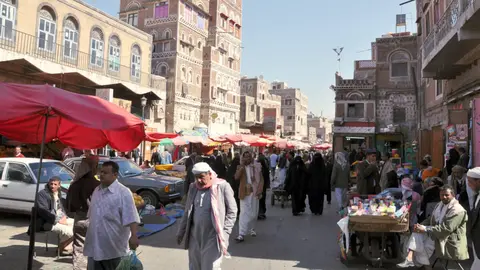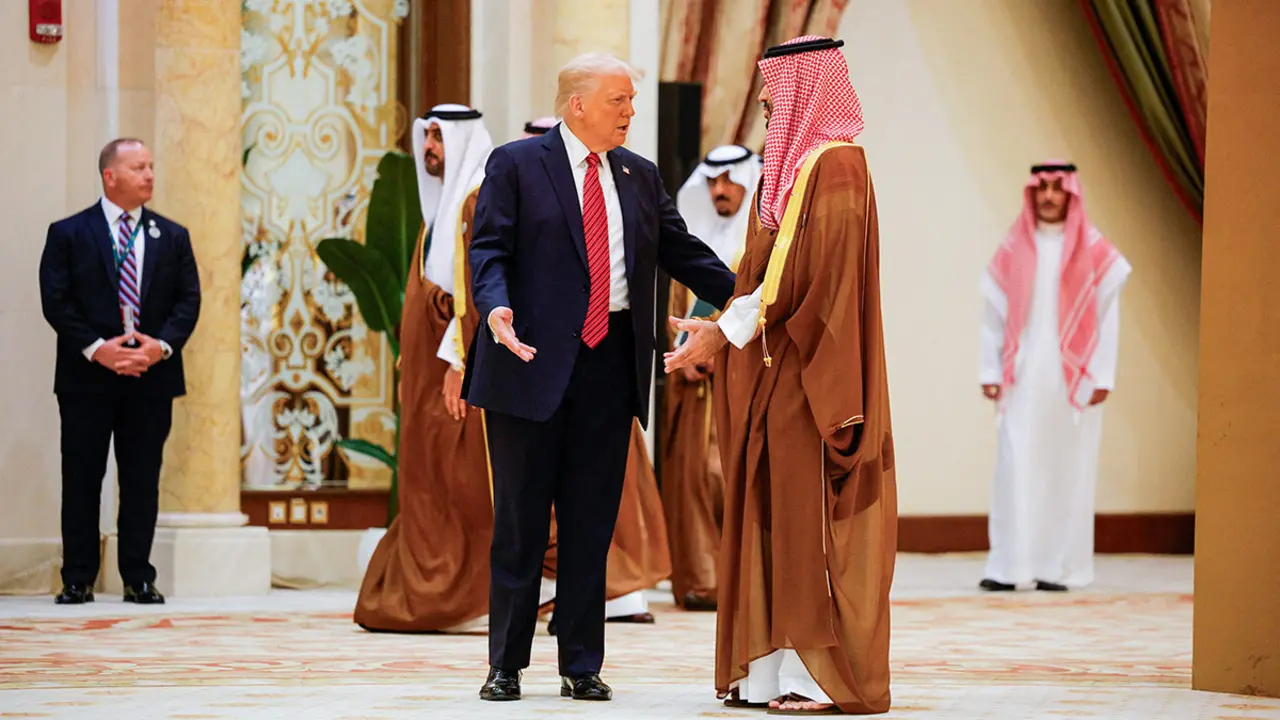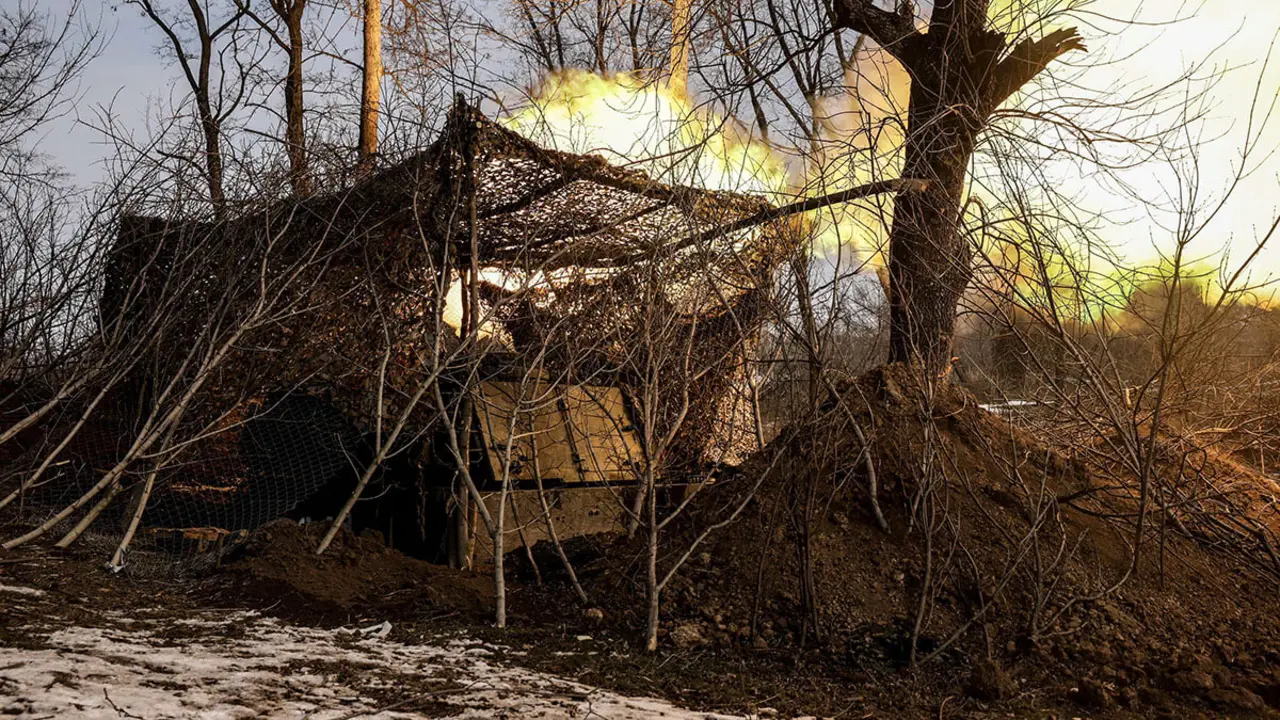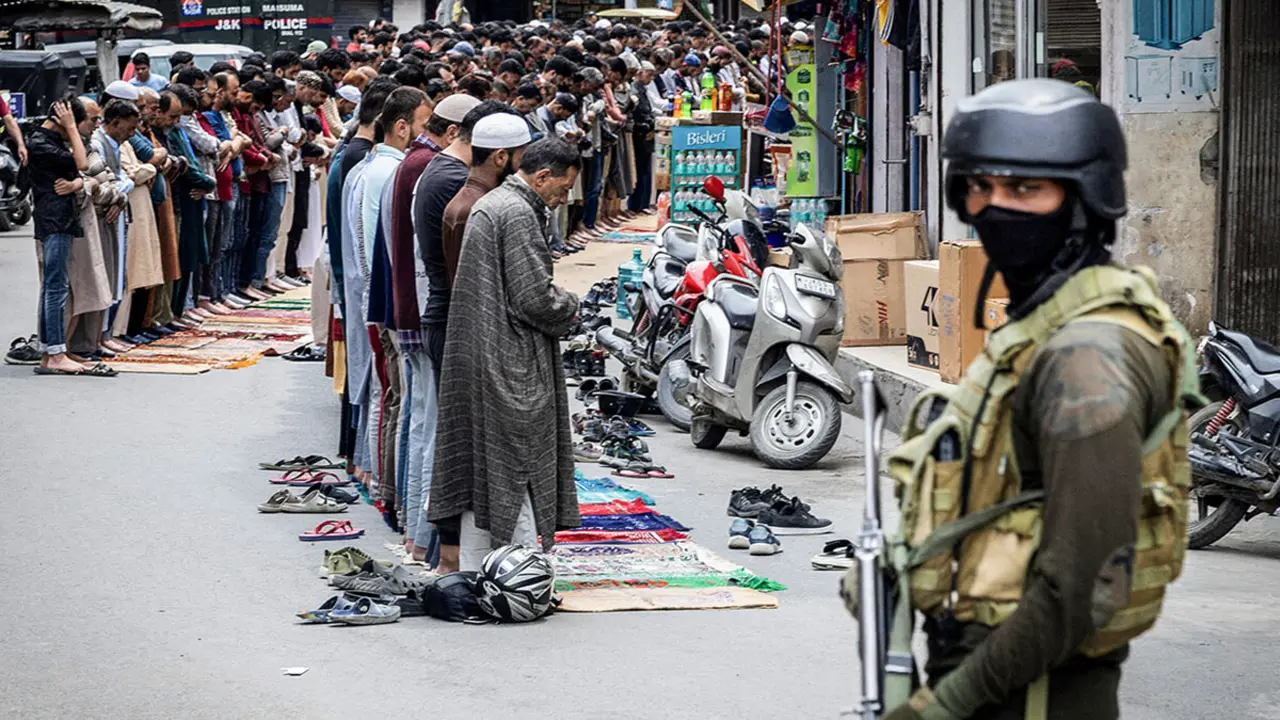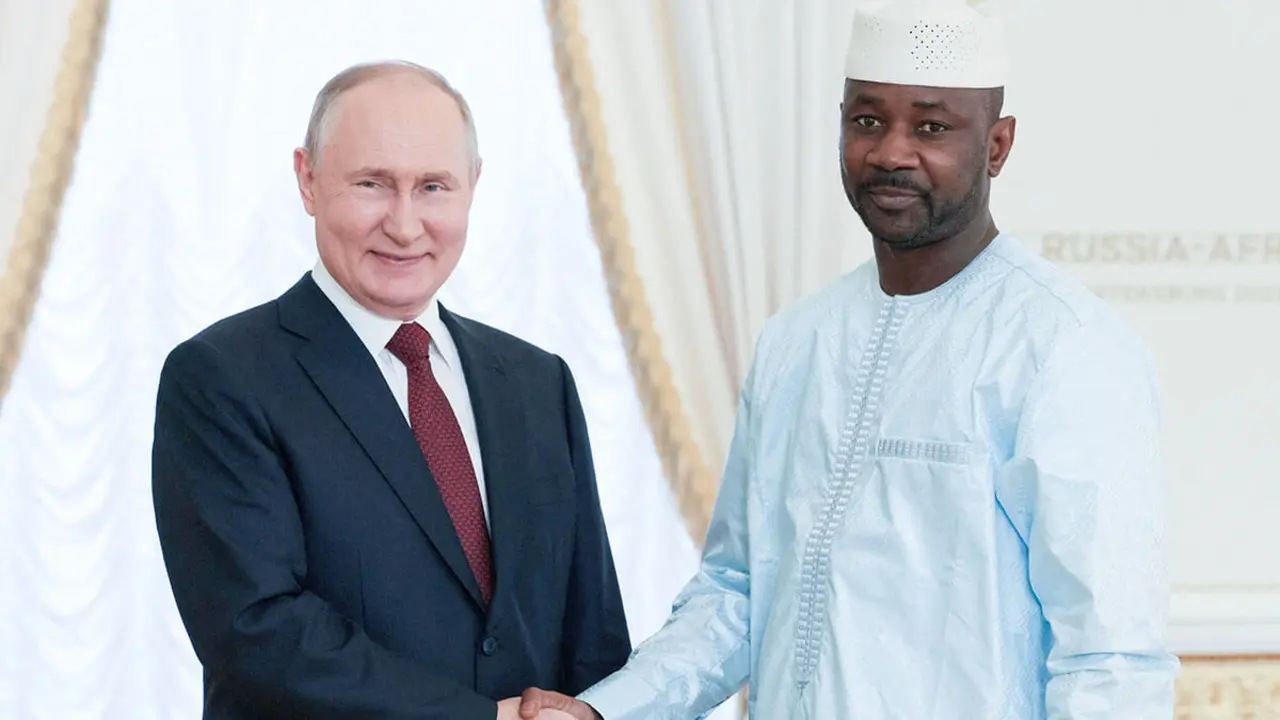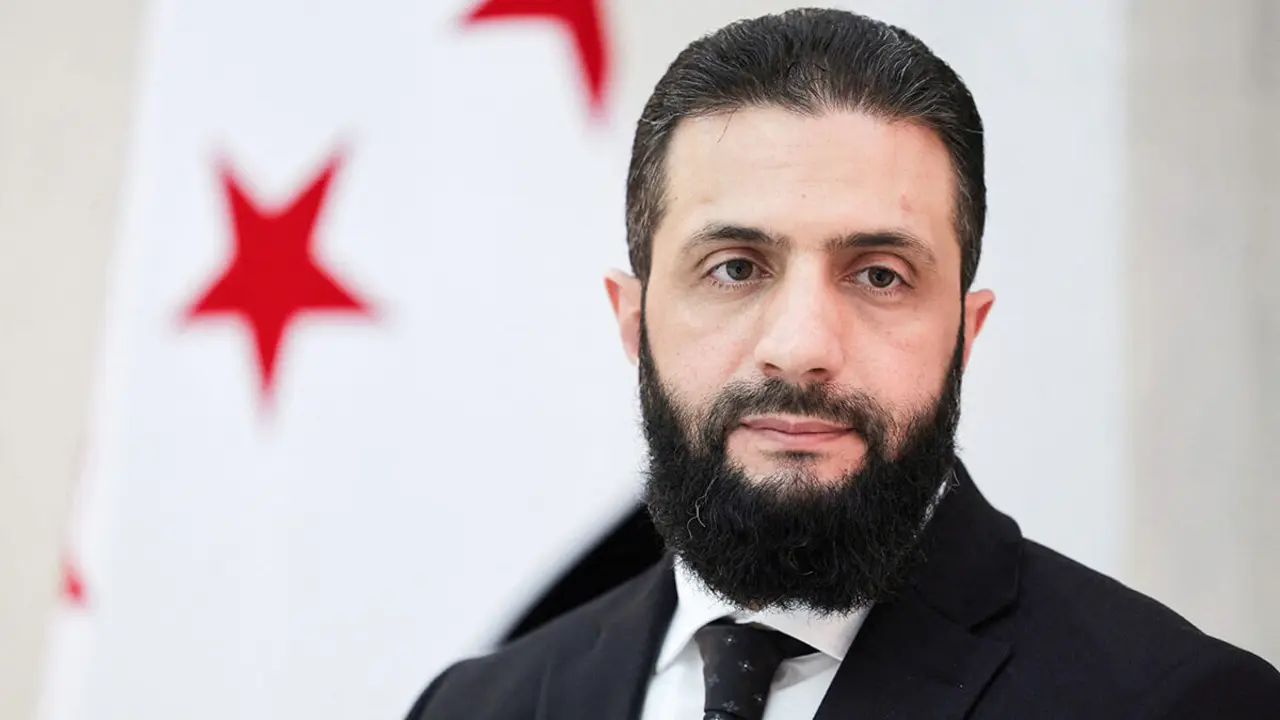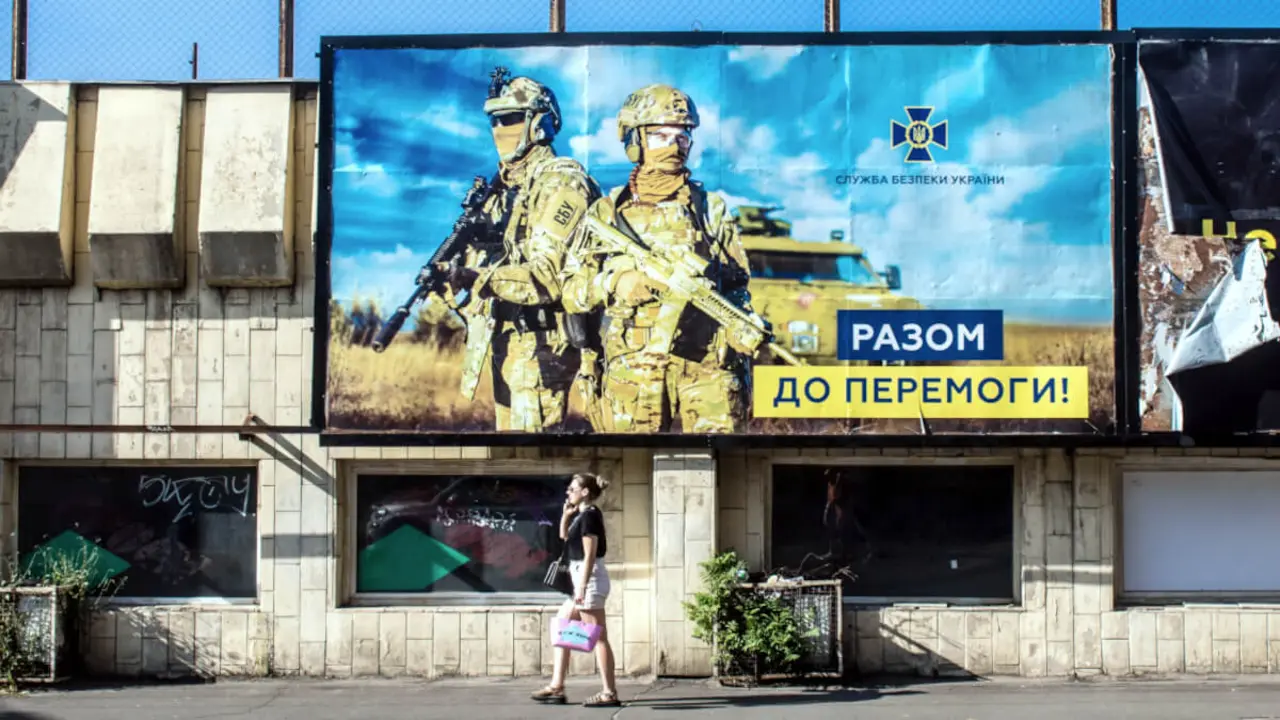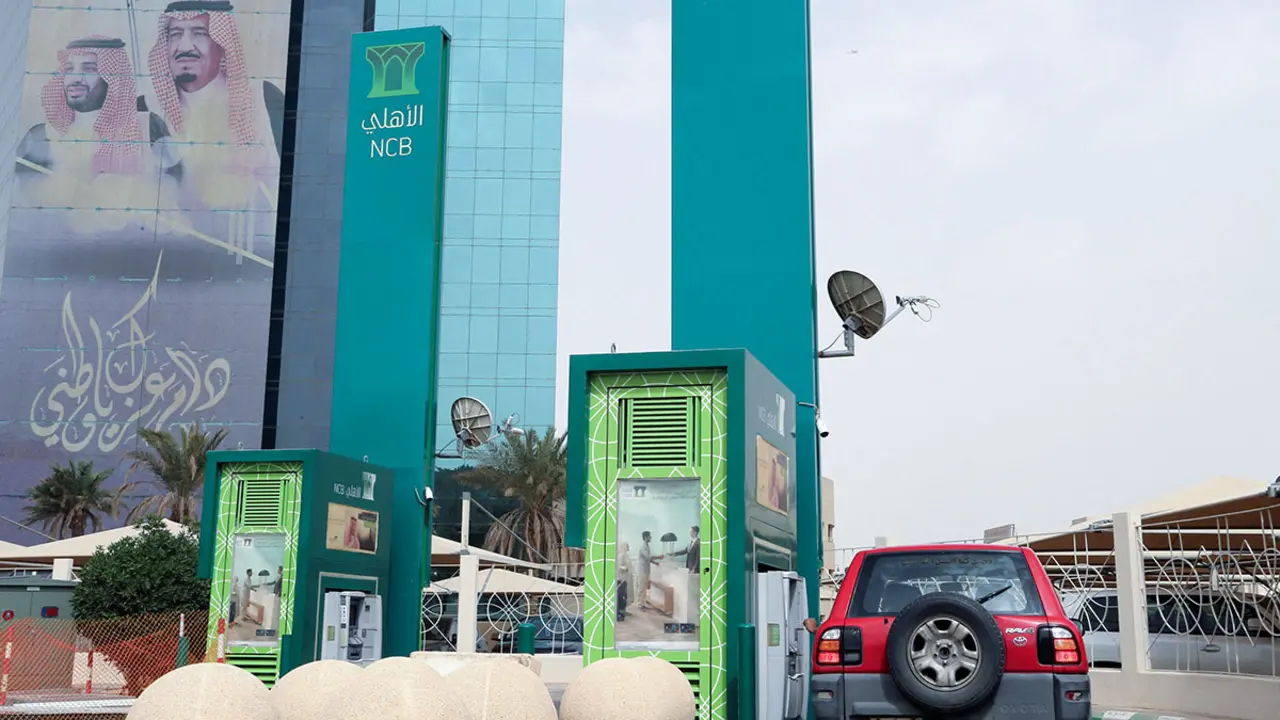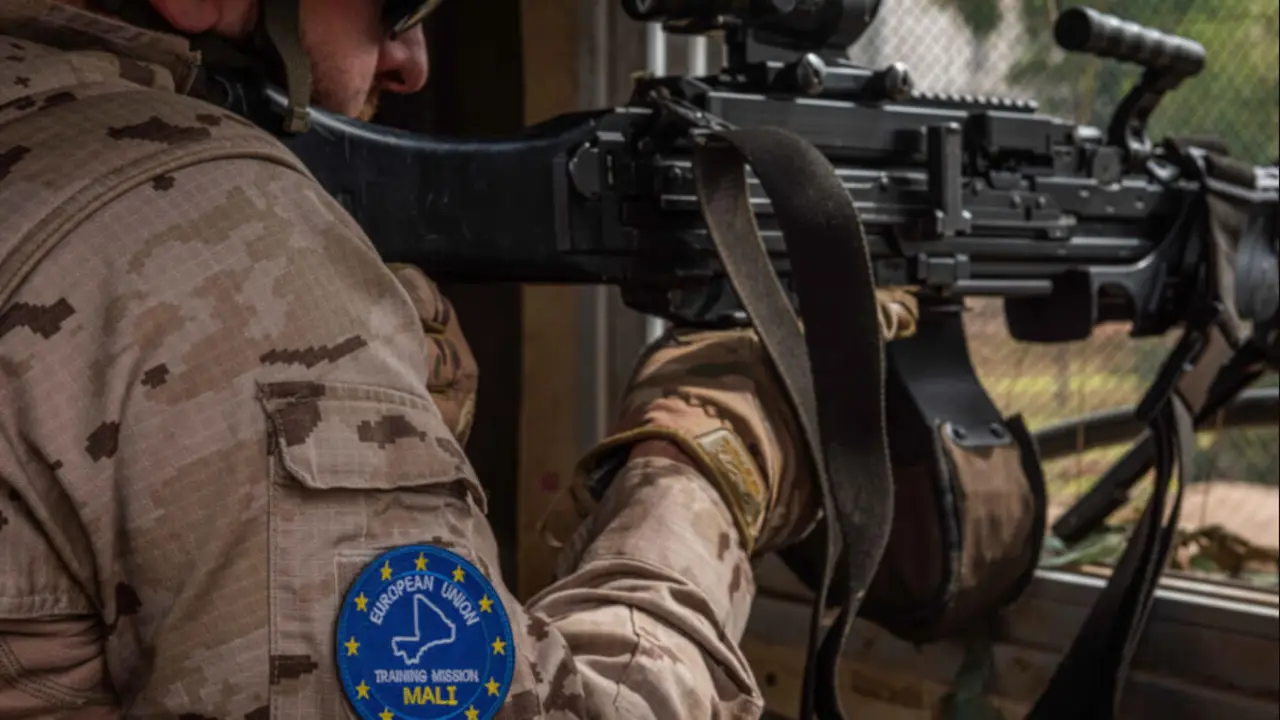Ten years of darkness in Yemen force Saudi Arabia to seek light through diplomacy
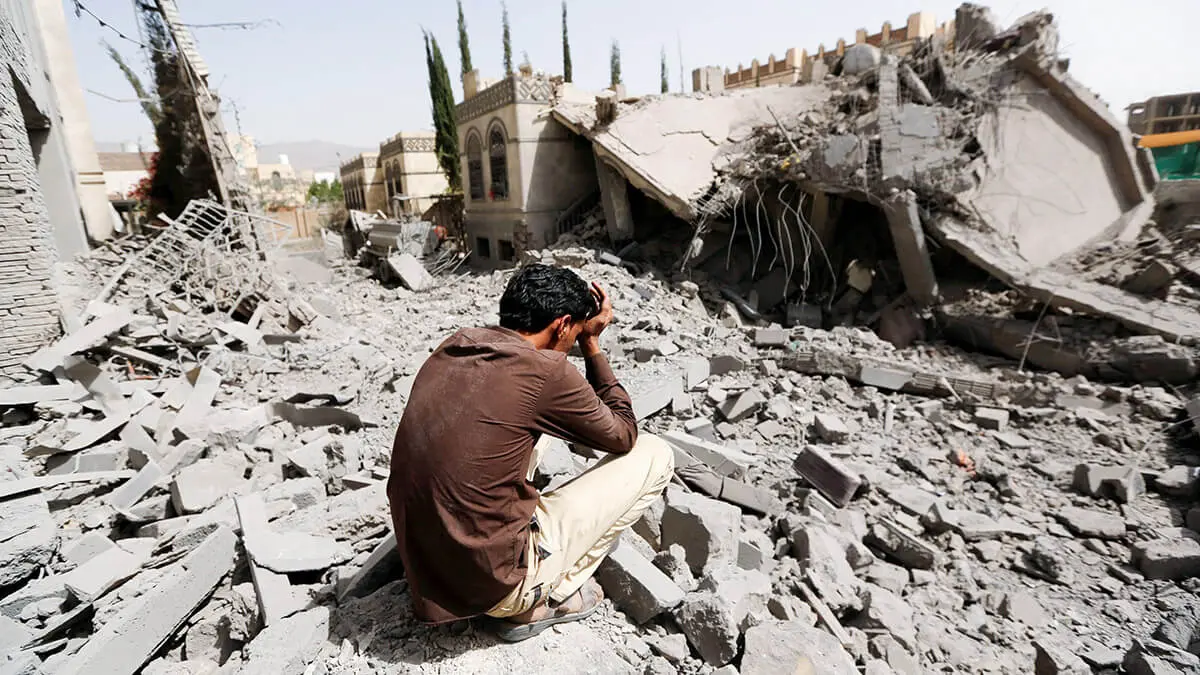
- Strategic failures and the cost of war
- The perception of Iran and the Houthis
- Internal consequences and recent changes
- The Gaza war and the future of the Houthis
When the Yemeni president requested international aid in 2015, he could not have imagined that, ten years later, the war would only bring attrition.
With the aim of overthrowing the Houthis led by Abdul Malik Al-Houthi, Saudi Arabia fully entered the war with Yemen to restore the then-recognised president, Abd Rabbuh Mansur Al-Hadi.
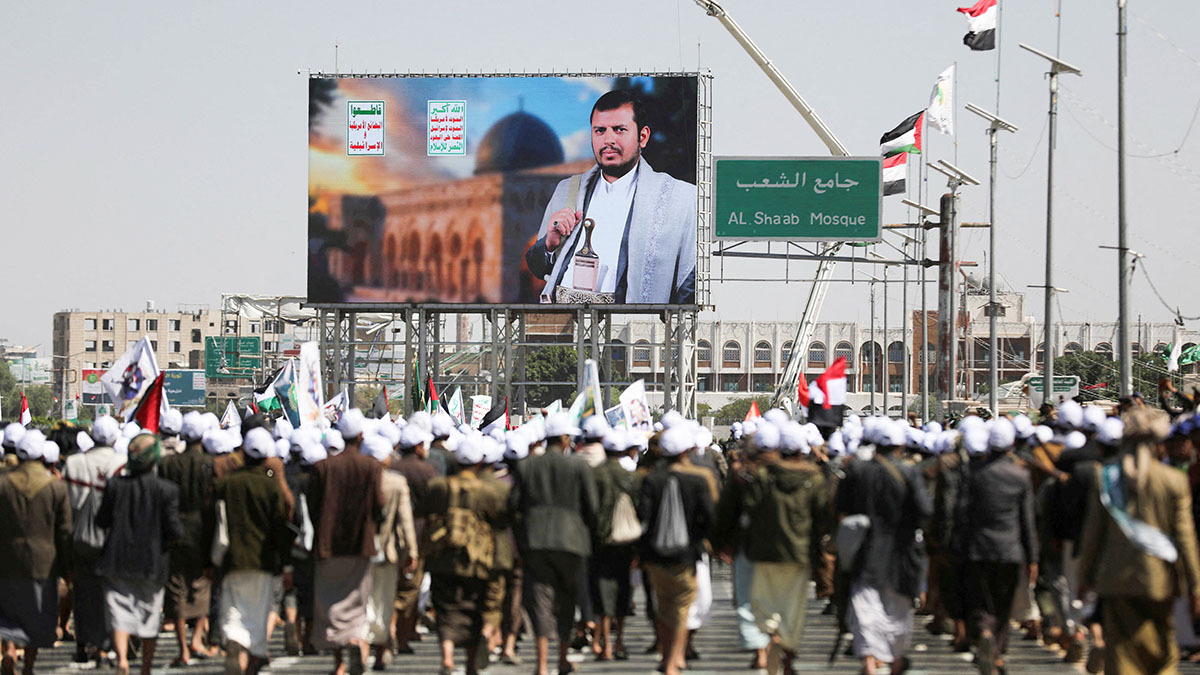
‘I have asked our brothers to intervene to save Yemen from civil war and total collapse,’ said Abd Rabbuh Mansur Al-Hadi, the recognised Yemeni president, in a letter to the UN Security Council in March 2015.
Riyadh perceived what is now considered a terrorist organisation as a threat controlled by Iran, reason enough for Saudi Arabia, in alliance with the United States and the United Kingdom, to begin a military incursion with the idea of resolving the conflict in six weeks, but which ended up lasting for more than a decade.
‘We will not allow an Iranian-backed militia to take control of Yemen,’ said Adel Al-Jubeir, Saudi Arabia's foreign minister in 2015, during a press conference in Washington in March of that same year.
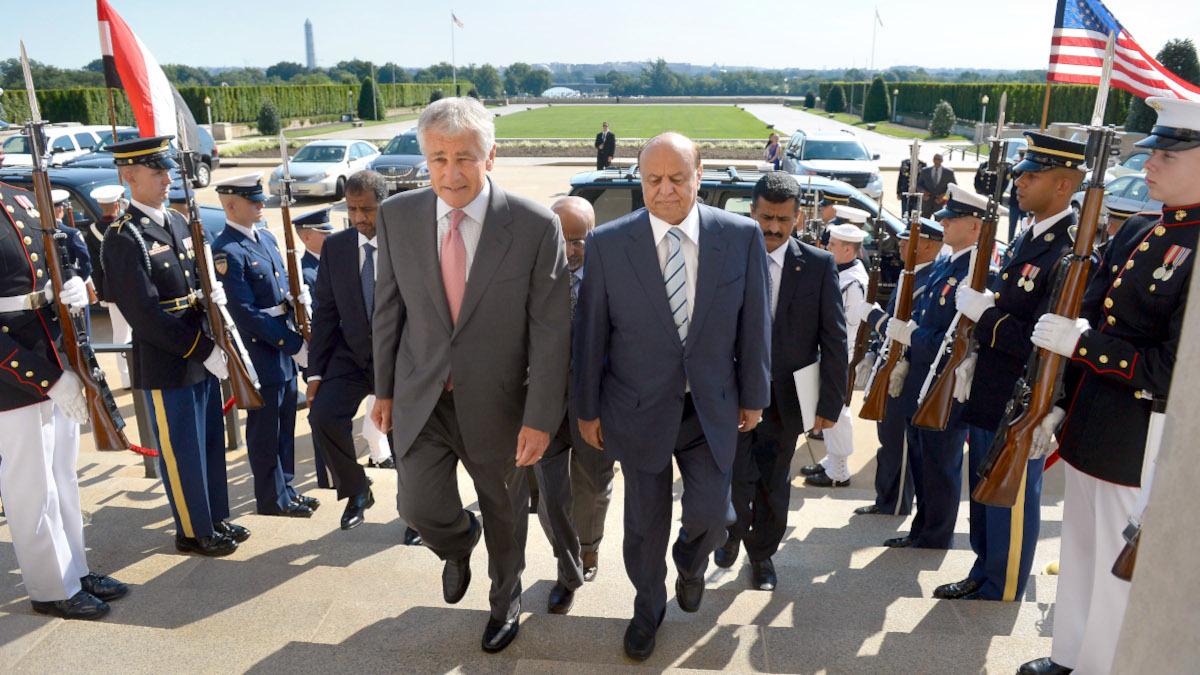
Although it is true that the rapid incursion eventually stalled, during the early stages of the conflict, the allied forces of the United States, the United Kingdom and Saudi Arabia were able to halt the Houthi advances towards the south of the country.
But it was not until the capture of the cities of Aden and Mukalla, the latter in the hands of al-Qaeda terrorists, that the military expansion led by Riyadh had real consequences in the region. The arrest of the Houthis will be one of the few victories scored by the Saudi alliance against the Houthis.
‘We are committed to restoring stability in Yemen, no matter how long it takes,’ said Mohamed Bin Salman, Crown Prince of Saudi Arabia, in an interview on Saudi national television during the early stages of the conflict in May 2016.
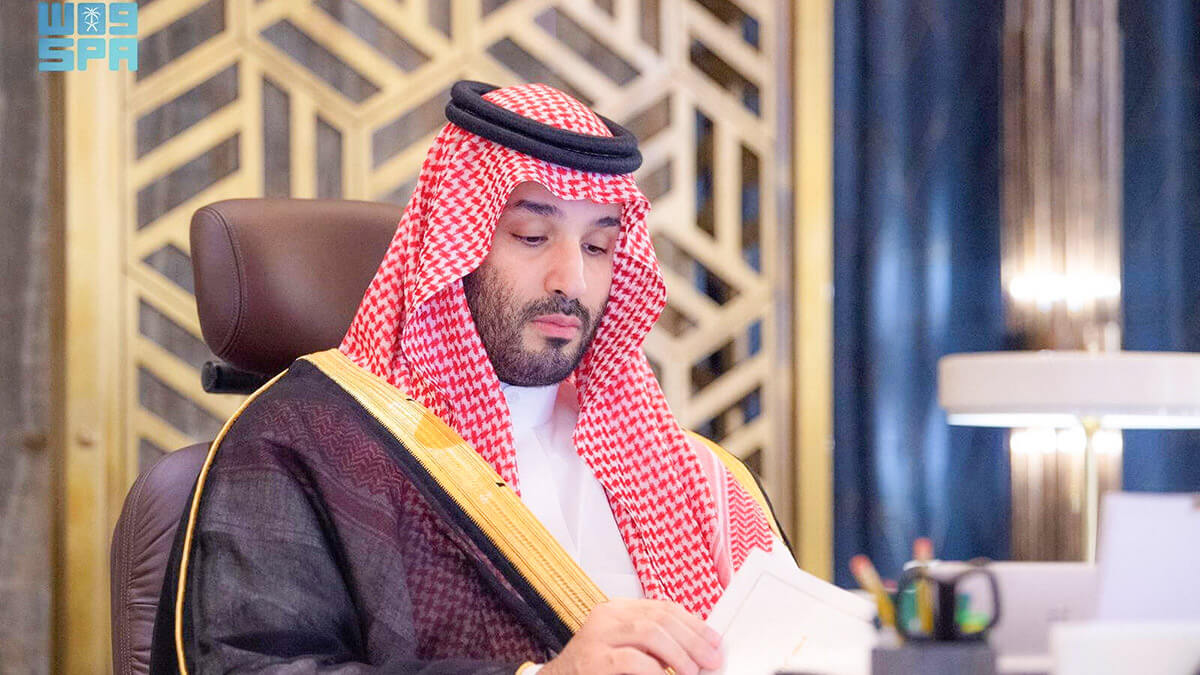
Strategic failures and the cost of war
The conflict is at a standstill. Both the Houthi and Saudi sides were suffering defeats in equal measure; however, after months of conflict, the Houthis managed to maintain control of Sana'a, the capital of Yemen.
Meanwhile, the humanitarian devastation continued. Saudi Arabia and its allies attacked the organisation with everything they had. Military incursions of all kinds, sanctions and international blockades were devastating the Yemeni population, but not the Houthis. The consequence? More than 375,000 people would lose their lives to hunger and disease.
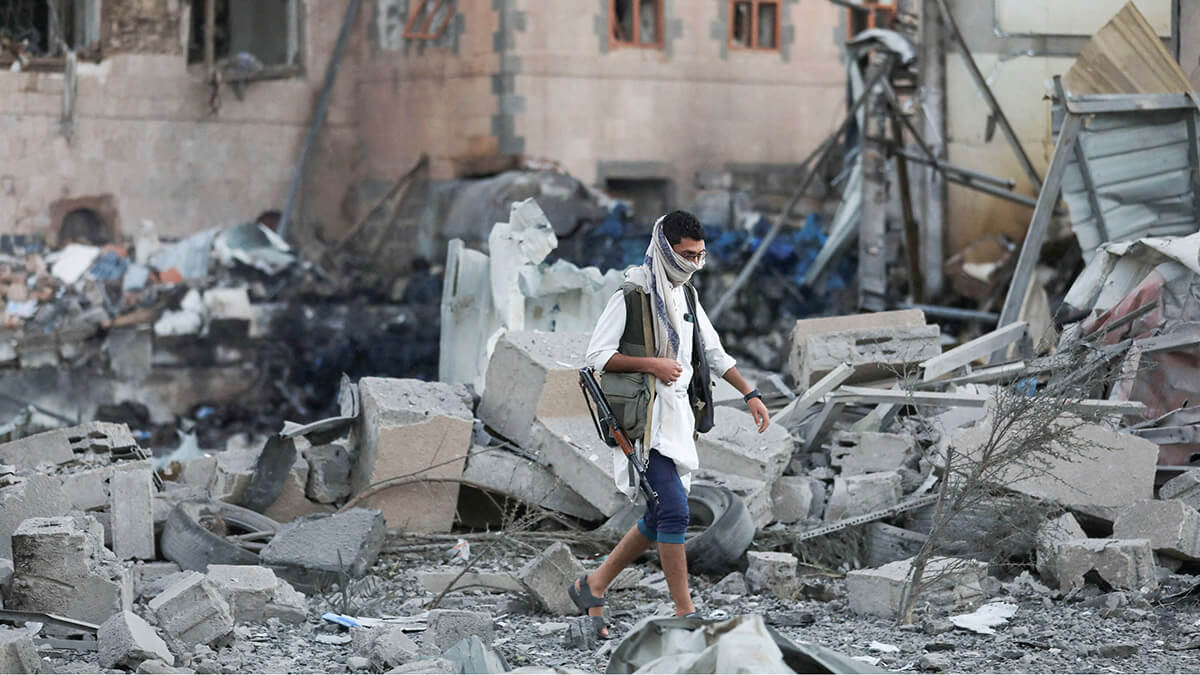
The destruction was total. In the first years of the war, it was estimated that 70% of Yemen's strategic infrastructure was annihilated. However, the Houthi resistance was beginning to make inroads into the Saudi government, as they were failing ‘by any civil or criminal measure’ to achieve the objectives set out as the reason for the incursion.
‘We are facing an unjust aggression, but Yemen will not surrender to the foreign coalition,’ said Mohamed Ali Al-Houthi, Houthi leader and key figure of the Ansar Allah movement, in his famous speech broadcast by Al-Masirah in April 2015.
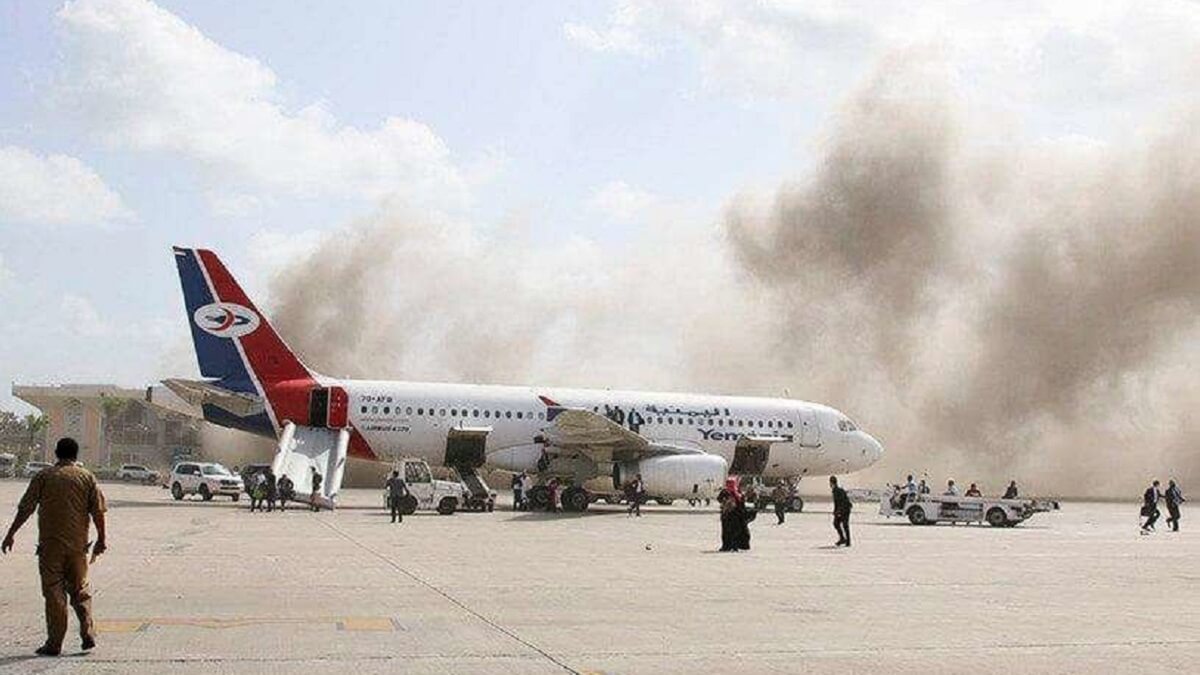
The prolongation of the conflict began to be a real headache for the Saudi authorities who, in 2023, eight years after the conflict began, through the actions of China, tried to re-establish relations with Iran in order to end the war.
These meetings with China served to begin to assess for the first time whether or not the political and economic cost of the war was worth it. As a result, relations with Yemen reached an impasse that achieved military de-escalation and gave way to dialogue and diplomacy.
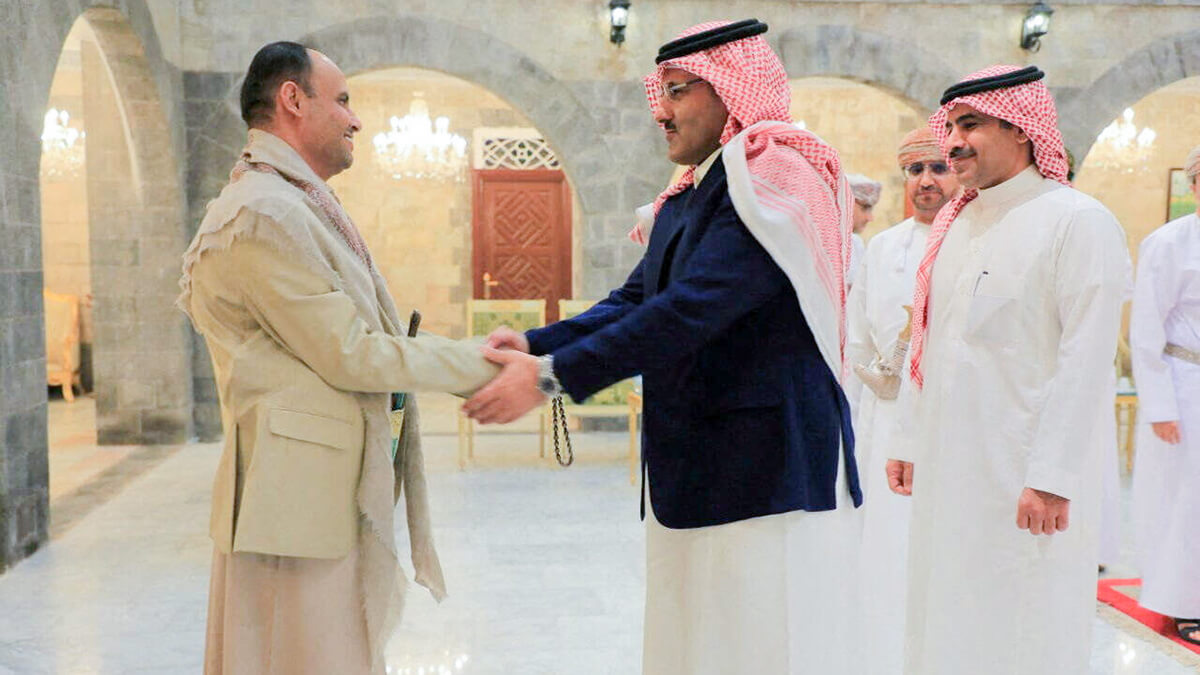
The perception of Iran and the Houthis
Despite the rapprochement between the Saudis and the Iranians that managed to reduce tensions, Riyadh never backed down from its position that the Houthis were a weapon of Iran to destabilise the region. Even many Saudi Arabian politicians considered the Houthis to be ‘puppets in the hands of the Islamic Republic of Iran’.
This was not entirely true, but it was not far from the truth, as it was shown that it was the Iranian government that was behind the armament and military support that the Houthis received to fight the Saudi alliance.

However, it was never proven that the Iranians had complete control of the organisation, a fact that was key in the Chinese-mediated talks for Saudi Arabia to stop the military incursion.
The Houthis, led by Abdul Malik Al-Houthi, always claimed that their objective was to defend the interests of Yemen, not those of Iran. In particular, the Houthis wanted to gain control over the Yemeni tribes and seize power. Although, paradoxically, the Saudi Arabian military incursions had the completely opposite effect: they united the Yemenis and the Iranians even more.
Internal consequences and recent changes
In addition to the consolidation of the Houthis in Yemen, the country's political spectrum was completely fragmented, in what are considered the worst years in the history of Yemeni politics. With a fractured parliament, a president unable to exercise his power, and rebels and tribes controlling different factions and territories of the country, the legitimate government was left without real authority.
The flight of most of the members of the government to Riyadh, the capital of Saudi Arabia, caused controversy since some of them stayed in Aden, the city from which the government commanded and ordered the military operations of its allies during the years of military incursion.

‘The conflict in Yemen has no military solution. Only dialogue can open the door to peace’, Martin Griffiths, UN Special Envoy for Yemen, during a speech to the UN Security Council, 2018.
Events that degenerated into very severe internal conflicts that took on an international dimension due to the influence of so many countries in the conflict, which ended with deep internal divisions and resulted in the central government losing sovereignty over some of the country's territories.
It is true that the talks between the governments of Iran and Saudi Arabia helped to reduce tensions at a regional and also at a global level. To such an extent that both stopped competing for the Houthis, thus prioritising national projects in both countries, such as Saudi Arabia's Vision 2030.
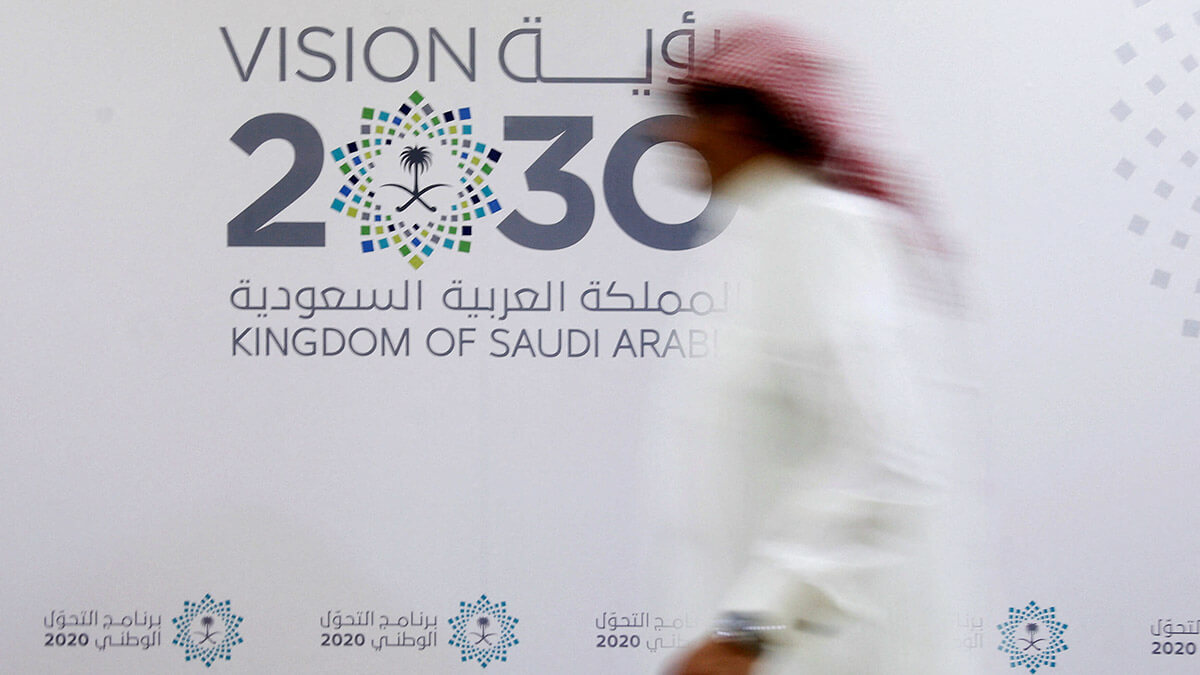
The Gaza war and the future of the Houthis
The Hamas incursion into Israel on 7 October 2023, which claimed the lives of more than 1,200 people and the kidnapping of more than 250, completely changed the game board. Once again, an organisation supported by Iran was jeopardising the interests of the region.
However, the Houthis, aware of the consequences, held back on their support for Hamas until Israel and the United States officially added them to the list of terrorist organisations.
From then on, hostilities began with the launching of missiles from Yemeni positions into Israel, which resulted in the deaths of several terrorist leaders. But for the Saudi authorities these acts should not lead to war as in 2015, and they decided not to take military action against the Houthis, but instead proposed themselves as the diplomatic solution to the conflict, as China had done in the past.
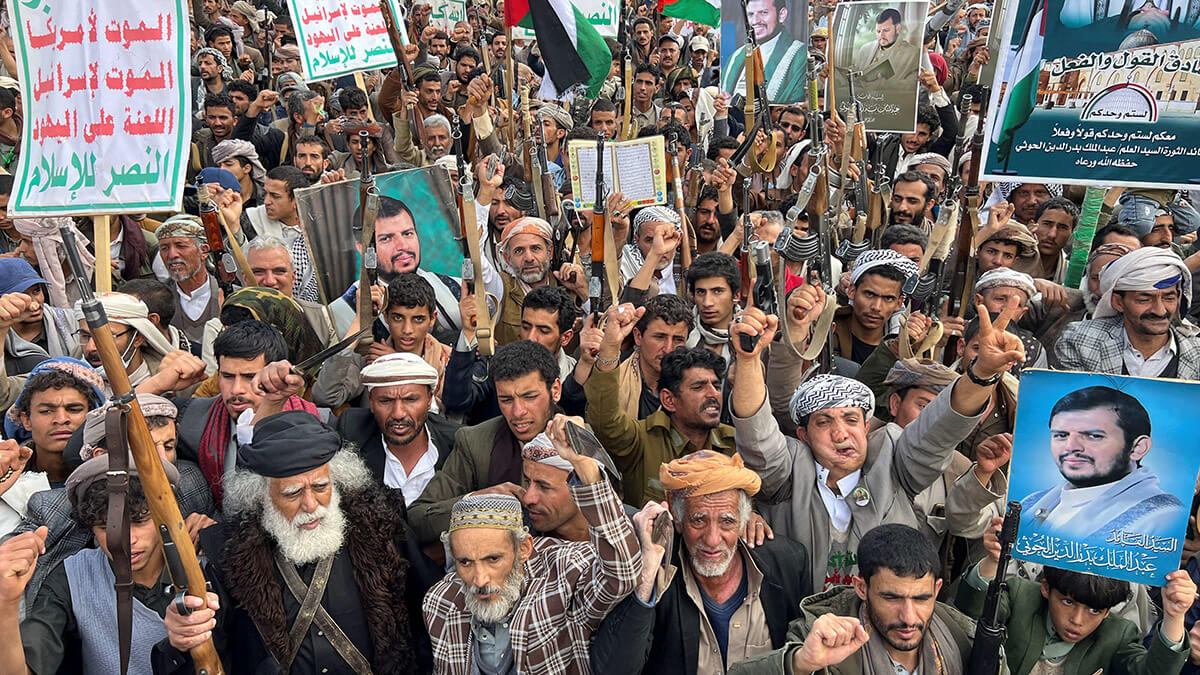
‘What began as a promised six-week intervention turned into a decade of destruction for Yemen,’ Afrah Nasser, Yemeni researcher and journalist, for the Arab Center in Washington in 2023.
However, the Houthis, strongly linked to Iran as a result of the war, have gained a strong role in the region that has allowed them to bomb ships in the Red Sea and even force the United States to carry out the largest naval incursion since the Normandy landings, costing Donald Trump's administration more than 1 billion dollars. who is primarily interested in putting an end to the terrorist organisation, as it would be a severe geopolitical and economic blow to Iran, one of the main North American threats today.
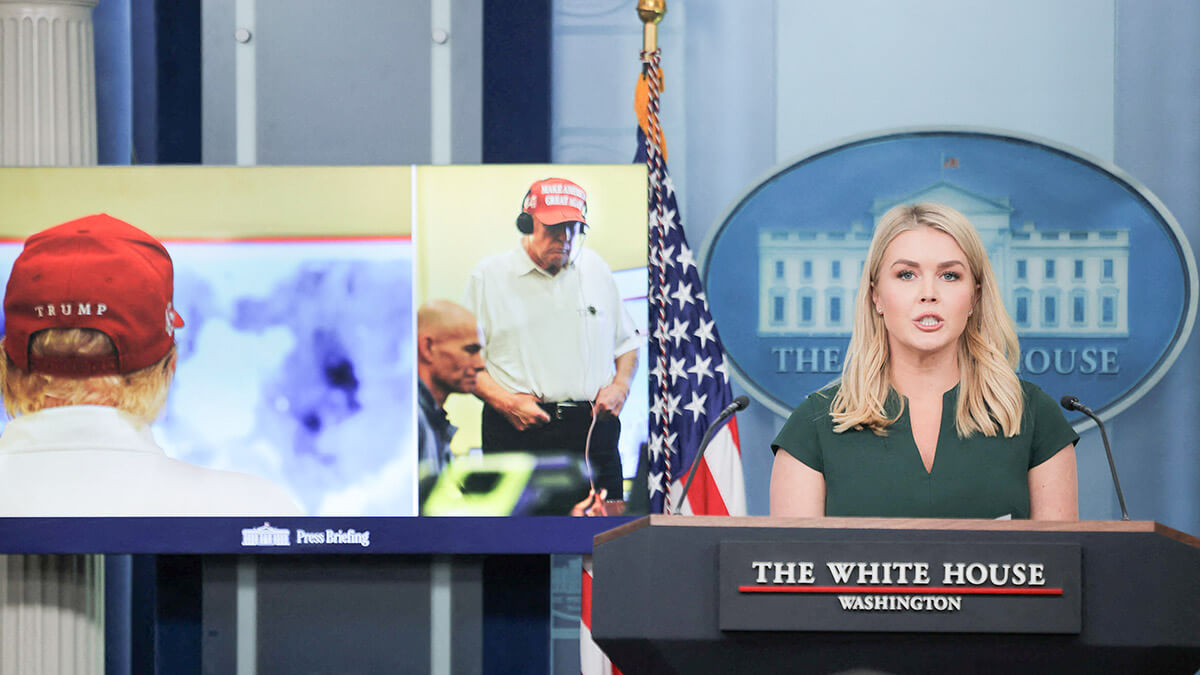
Faced with this, the Houthis have begun to diversify their alliances, seeking new international actors to rival the United States, such as Iraq, Russia and Somalia, even distancing themselves from the tentacles of Iranian politics. This has meant that, today, the Houthis are an independent military organisation with considerable power and with full governmental legitimacy to be able to act on any front.

